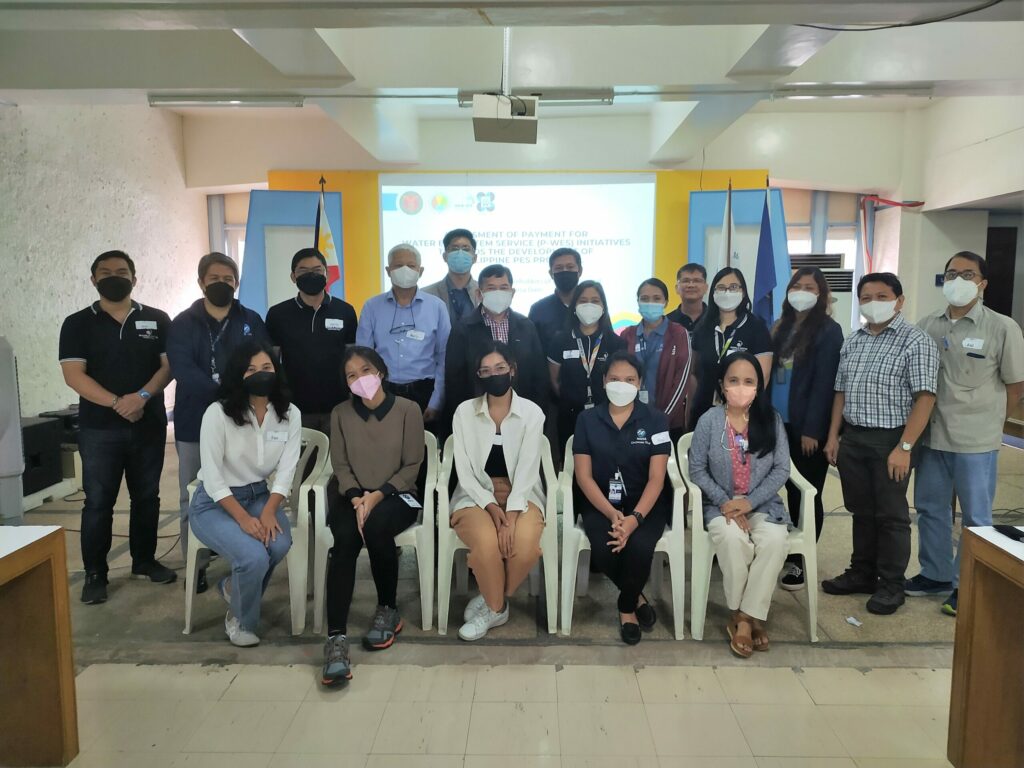
While environmental services have been traditionally enjoyed for free, competing demands and a growing scarcity now require greater mediation to ensure protection alongside equitable benefit sharing (Boquiren, 2004).
In watershed protection, the basic concept in PES is to establish, through a payment system, a connection between the providers of water-related services who are the upland dwellers, and the downstream users or beneficiaries of the environmental service (Bennagen et al., 2006) and offers a promising approach to protect the ecosystem while at the same time addresses the economic aspect of development (Engel et al., 2008; De Groot et al., 2010; Spangenberg & Settele, 2010). The important role that ecosystems play in providing goods and services is widely recognized (Millenium Ecosystem Assessment, 2005; Plummer, 2009; Ojea et al., 2012).
PES schemes are policy instruments designed to enhance ecosystem goods and services by linking ecosystem users and beneficiaries to environmental service providers through payment options and voluntary arrangements (Lurie et al., 2013). As a policy instrument, the major goal of PES scheme is “to buy as much environmental outcome (ecosystem services) and associated human well-being gain as possible for scarce public and private funding” (Greiner & Stanley, 2013).
In the Philippines, there is still no policy that requires or stipulates adoption of PES, despite the recognition of the PES concept since 2000. In 2004, Francisco and Rola have put forward the need for payments of environmental services as previous initiatives undertaken by national forest protection programs and other community-based livelihood activities and reforestation projects are just short-lived management initiatives. Various PES schemes with varied funding mechanisms were implemented since the recognition of the concept in 2000. A closer look at the benefits that accrue to the providers of the environmental services should be done. Through a comprehensive assessment of the previous PES initiatives, lessons learned from implementation will
be distilled to understand the necessary steps needed for adoption of PES in the Philippines.
In general, this project aims to draft a national implementation and institutionalization protocol for payment for water ecosystem services. Specifically, the project intends to:
- Establish a comprehensive synthesis of the different P-WES initiatives in the Philippines;
- Develop criteria for assessing performance of different P-WES initiatives;
- Determine the factors that explains the performance of the different initiatives;
- Analyze the components of a workable national protocol for PES; and
- Develop a national protocol for P-WES implementation.



